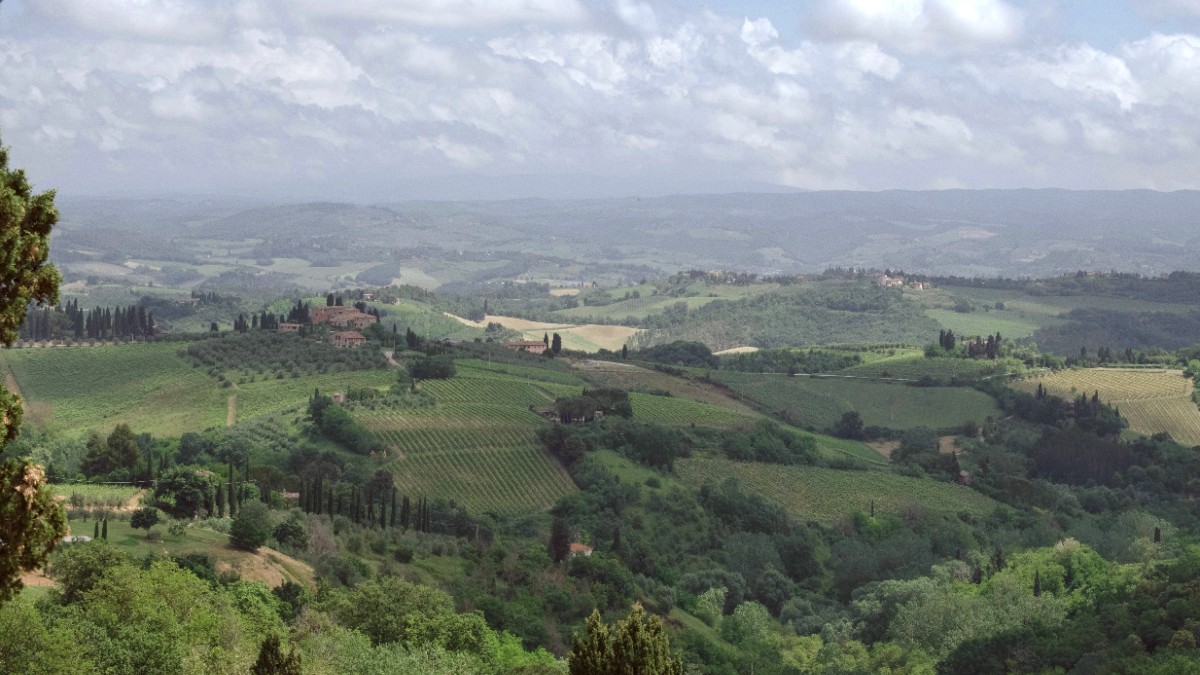
Italy
TIM, Vodafone, WindTre offer prepaid SIM cards. Present your passport for registration.
Wi-Fi is widely available in hotels, restaurants, and cafes. Mobile data (4G/5G) covers most areas.
Italian is the official language. English speakers exist in tourist roles, less so in smaller villages.
A few words of Italian open doors and show respect.
Poste Italiane handles mail. Find post offices in towns, or use red street post boxes. Postcards and letters can be sent from here.
Navigate daily schedules and holiday closures across Umbria.
Generally 9 AM - 1 PM, then 3:30/4 PM - 7:30/8 PM. Larger stores may have continuous hours.
Lunch 12:30 PM - 2:30/3 PM. Dinner from 7:30 PM onwards. Many close between services.
Typically 9/10 AM - 6/7 PM. Often closed Mondays. Check specific sites for seasonal changes.
Banks open 8:30 AM - 1:30 PM, then 2:30 PM - 4 PM, Monday-Friday.
Banks, post offices, and many shops may close or reduce hours on national holidays. Public transport schedules may also be reduced.
Carry some cash in small denominations (€5, €10, €20 bills, and coins) for small purchases, market stalls, or places that do not accept cards.
Embrace local customs for a richer travel experience.
Always use Buongiorno (morning) or Buonasera (afternoon/evening) with shopkeepers and staff.
Italians dress smartly. Casual is fine, but avoid overly revealing clothing.
Tipping is not as expected as in some countries. Service charges may be included.
Ask permission before photographing people, especially children. Flash often prohibited in museums/churches.
Umbria’s hill towns present inherent challenges due to steep slopes and cobblestone streets. Contact hotels/attractions directly for their accessibility features. Perugia's Minimetrò and Orvieto's Funicular are generally accessible.
Navigating Umbria with mobility needs presents specific considerations.
Steep slopes, cobblestone streets, and narrow medieval passages pose challenges for mobility.
Some major museums and public transport systems offer better access.
Dedicated services for visual or hearing impairments are less widespread than in larger cities.
Contact hotels and attractions directly before booking to verify accessibility.
Always contact specific hotels and attractions directly for accessibility details before your trip.
Accessible travel blogs and forums can provide valuable real-world advice.
Always carry some cash in small denominations (€5, €10, €20 bills, and coins) for small purchases, market stalls, or places that may not accept cards.